 |
 |
 |
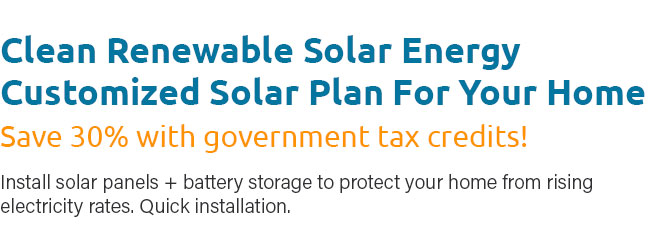 |
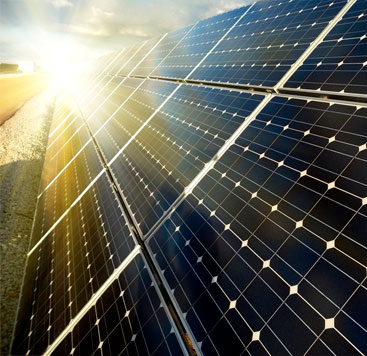 |
 |
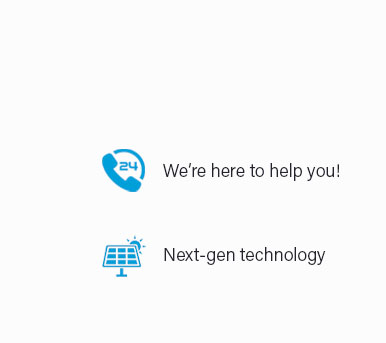 |
 |
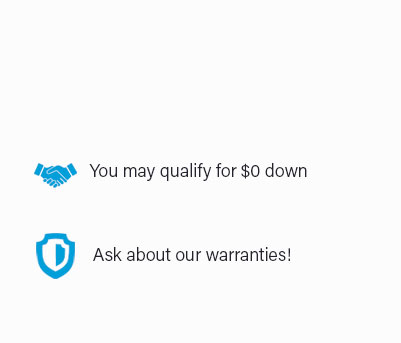 |
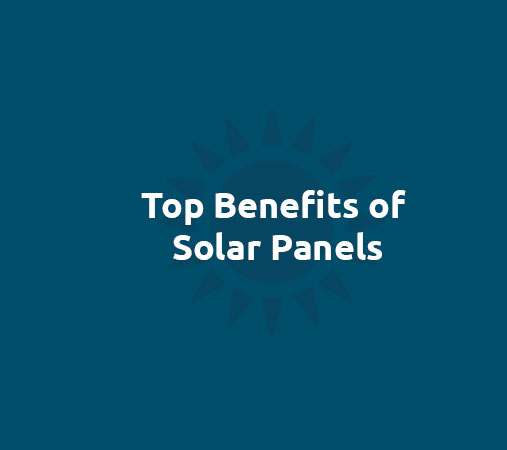 |
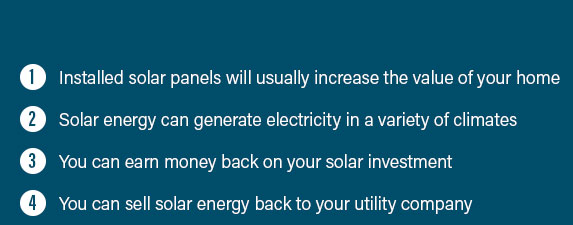 |
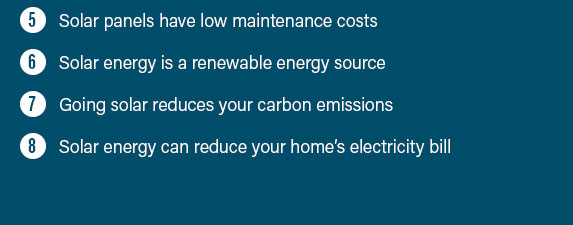 |
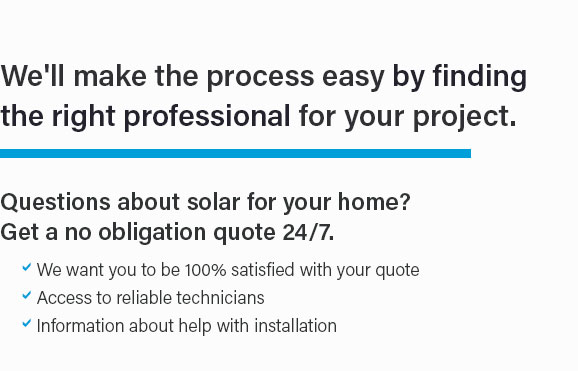 |
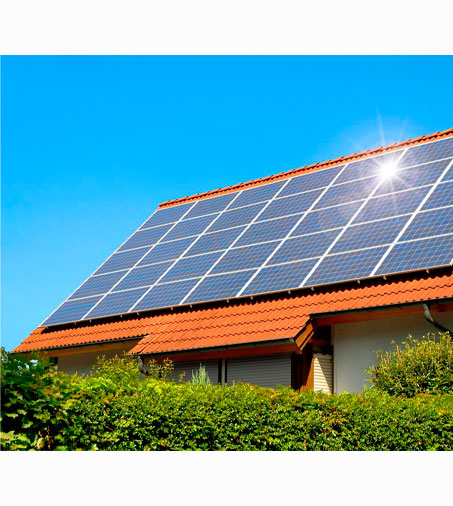 |
|
 |
 |
 |
Solar Energy for Home Cost: What to ExpectUnderstanding the Initial InvestmentWhen considering solar energy for your home, the initial investment can seem daunting. However, it’s important to understand what goes into this cost. Typically, the primary expenses include the purchase of solar panels, inverter, mounting hardware, and installation services. While upfront costs are significant, many homeowners find long-term savings on energy bills make it a worthwhile investment. Solar Panel Options
Financing Your Solar SystemVarious financing options can ease the upfront financial burden. These include solar loans, leases, and power purchase agreements (PPAs). Each option has its own advantages and considerations, and it's crucial to choose one that aligns with your financial goals. For homeowners in specific areas, local incentives and rebates can significantly reduce costs. If you live in Miami, for instance, working with a solar company miami can help you navigate available local incentives. Long-Term Savings and Return on InvestmentOnce installed, solar panels can dramatically reduce your monthly electricity bills. Most systems pay for themselves within 5 to 10 years, after which you can enjoy nearly free energy. Additionally, solar panels can increase your home’s value. Energy SavingsBy generating your own electricity, you reduce reliance on the grid, which translates to lower utility bills. This is particularly beneficial in states with high electricity rates. Choosing the Right InstallerWorking with a reputable installer is crucial for a successful solar installation. Companies specializing in local installations, such as solar panel installation san antonio tx, offer expertise tailored to your specific region’s climate and regulatory requirements. FAQs
https://www.investopedia.com/articles/mortgages-real-estate/10/solar-power-home.asp
Homeowners who install solar power systems can receive numerous benefits: reduced electric bills, lower carbon footprints, and potentially higher home values. https://www.energy.gov/eere/solar/homeowners-guide-going-solar
Buying a solar energy system will likely increase your home's value. A recent study found that solar panels are viewed as upgrades, just like a renovated ... https://energycenter.org/thought-leadership/blog/solar-energy-adoption-information-homeowners-and-small-businesses
That means the average 5-kilowatt (kW) residential system will cost $13,500-$16,250, prior to tax credits or incentives. (More information is available from ...
|